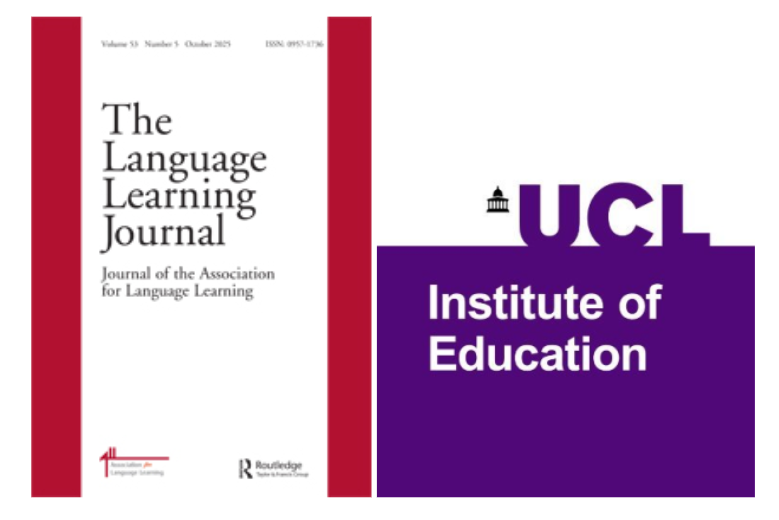Baroness Coussins Letter is reproduced below.
Encouraging foreign languages at school
Sir, Your leading article (“Monoglot Nation, Aug 20) was right to warn of the dangers of monolingualism in Britain. English is undoubtedly an important and vital world language, but research by the British Council shows that only 6 per cent of the world’s population are native English speakers and 75 per cent speak no English at all. Reliance on artificial intelligence and machine translation should be treated with caution: it works pretty well for standard Romance languages and German, but is much less effective for languages with many dialects such as Arabic, and is often useless for tonal languages such as Mandarin. Al training data needs some serious upgrading before we can expect to see benefits across the board, not to mention Al’s inability to grasp nuance, humour, slang or cultural sensitivity.
The forthcoming review of the school curriculum should ensure that languages are not further squeezed from the timetable or from students’ aspirations. The government should also take three immediate and relatively low-cost steps to boost both the take-up of languages in schools and the supply of language teachers: a visa waiver for EU nationals qualified to teach languages in the UK; priority strategic funding for university language degrees; and an advanced languages premium for secondary schools to boost take-up at A-level, modelled on the successful premium for maths.
Baroness Coussins
Co-chair, all-party parliamentary group on modern languages; honorary president, Chartered Institute of Linguists




